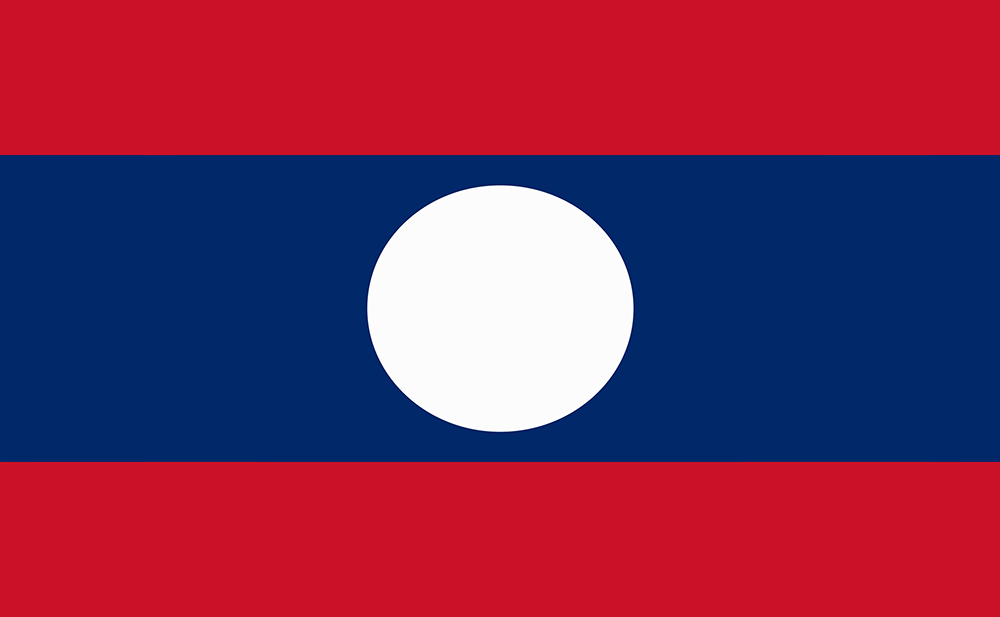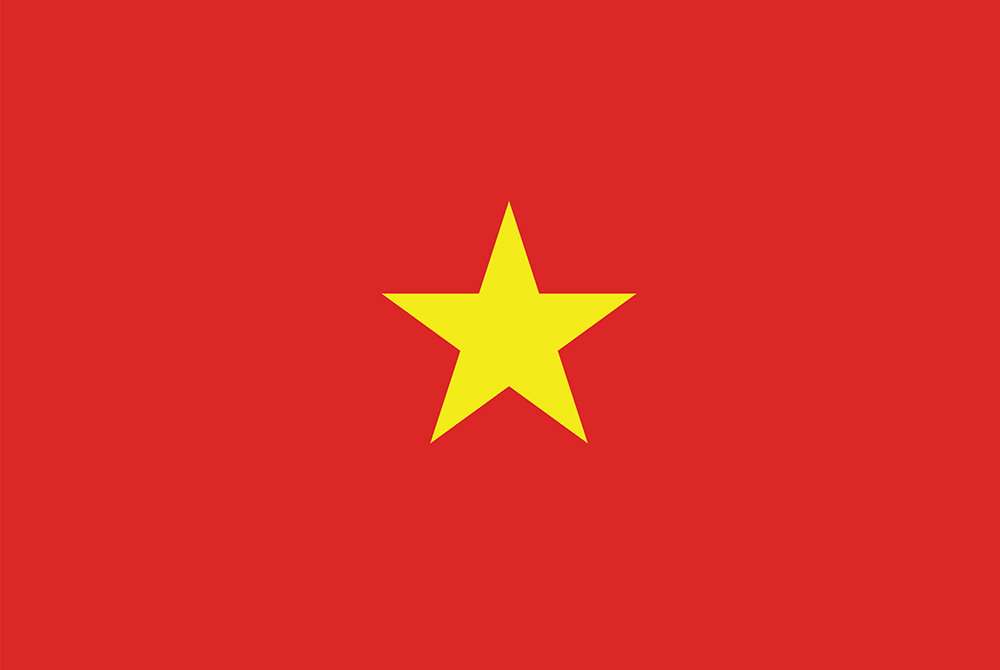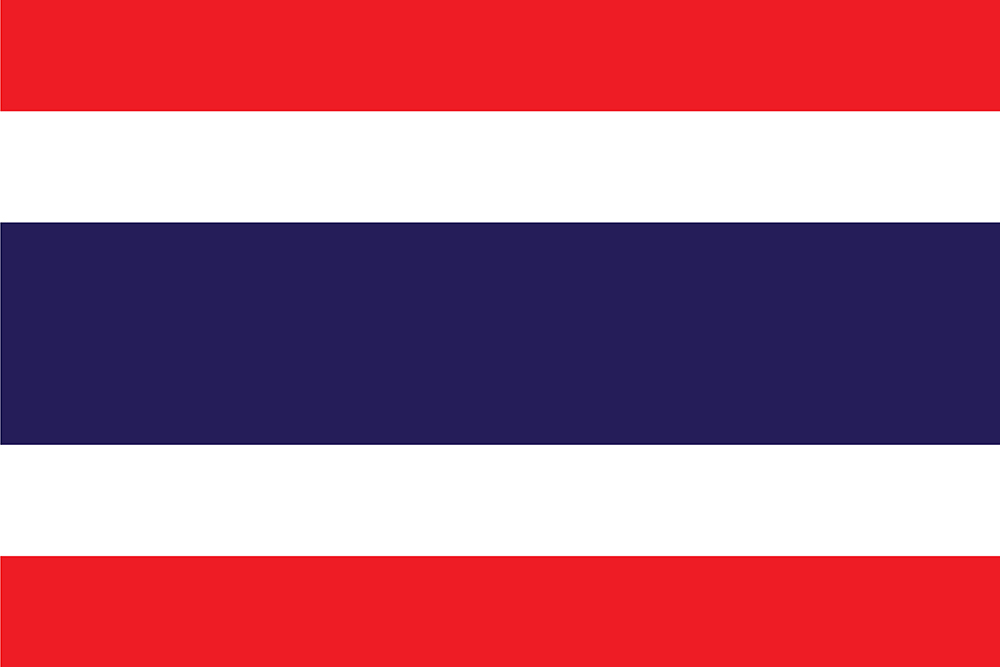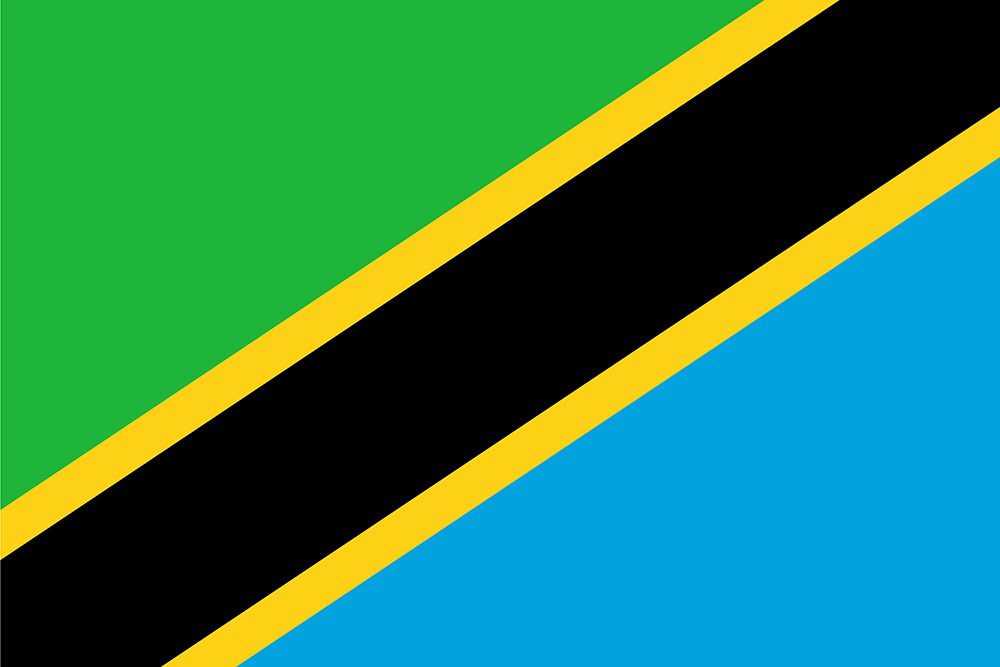Country Report Summary

Taiwan
Anti Money Laundering
FATF status
Taiwan is not on the FATF List of Countries that have been identified as having strategic AML deficiencies.
Compliance with FATF Recommendations
The last Mutual Evaluation Report relating to the implementation of anti-money laundering and counter-terrorist financing standards in Taiwan was undertaken in 2019. According to that Evaluation, Taiwan was deemed Compliant for 10 and Largely Compliant for 26 of the FATF 40 Recommendations. It was also deemed Highly Effective for 0 and Substantially Effective for 7 with regard to the 11 areas of Effectiveness of its AML/CFT Regime.
Sanctions
There are no international sanctions currently in force against this country.
Bribery & Corruption
Rating: 0 (bad) - 100 (good)
Transparency International Corruption Index = 67
World Bank: Control of Corruption Percentile Rank = NA
Taiwan has established various laws and regulations to combat corruption, including the Act on Property Declaration by Public Servants, which mandates annual disclosures from senior officials. In 2023, the Control Yuan identified 28 violations, imposing fines totaling $354,000. While corruption is not a significant barrier for businesses in Taiwan, reports of official corruption persist, particularly in public procurement, although petty corruption is rare.
Economy
Taiwan is a significant player in global trade, ranking among the world’s top 20 economies with a GDP that places it as the 8th largest trading partner of the United States. The economy is heavily export-dependent, supported by a skilled workforce and robust manufacturing sectors, particularly in high-technology industries such as semiconductors and telecommunications. The Taiwanese government actively promotes foreign direct investment (FDI) through various incentives, aiming to leverage its technological strengths to attract international investors.
Taiwan’s investment climate is characterized by a strong emphasis on attracting foreign direct investment (FDI), particularly in advanced technology and manufacturing sectors. The government offers various incentives, including tax credits and streamlined procedures for foreign investors, while also maintaining a negative list of industries closed to foreign investment for national security reasons. However, challenges such as regulatory inconsistencies and foreign ownership limits in sensitive sectors remain concerns for potential investors.
Country Report Summary

Malaysia
Malaysia is not on the FATF List of Countries that have been identified as having strategic AML deficiencies.

Singapore
Singapore is not on the FATF List of Countries that have been identified as having strategic AML deficiencies.

Brunei
Brunei is no longer on the FATF List of Countries that have been identified as having strategic AML deficiencies.

Laos
Laos is on the FATF List of Countries that have been identified as having strategic AML deficiencies.

Philippines
Brunei is no longer on the FATF List of Countries that have been identified as having strategic AML deficiencies.

Cambodia
Cambodia is no longer on the FATF List of Countries that have been identified as having strategic AML deficiencies.

Vietnam
Vietnam is on the FATF List of Countries that have been identified as having strategic AML deficiencies.

Myanmar
Myanmar is subject to a FATF call on its members and other jurisdictions to apply enhanced due diligence measures proportionate to the risks arising from the jurisdiction.

Timor-Leste
Timor-Leste is not on the FATF List of Countries that have been identified as having strategic AML deficiencies.

Thailand
Thailand is no longer on the FATF List of Countries that have been identified as having strategic AML deficiencies.

Indonesia
Indonesia was removed from the FATF List of Countries that have been identified as having strategic AML deficiencies on 26 June 2015.

Morocco
Morocco is no longer on the FATF List of Countries that have been identified as having strategic AML deficiencies.

Tanzania
Tanzania is on the FATF List of Countries that have been identified as having strategic AML deficiencies.

Kenya
Kenya is on the FATF List of Countries that have been identified as having strategic AML deficiencies.

Rwanda
Rwanda is not on the FATF List of Countries that have been identified as having strategic AML deficiencies.

Taiwan
Taiwan is not on the FATF List of Countries that have been identified as having strategic AML deficiencies.

Hong Kong
Hong Kong is not on the FATF List of Countries that have been identified as having strategic AML deficiencies.
